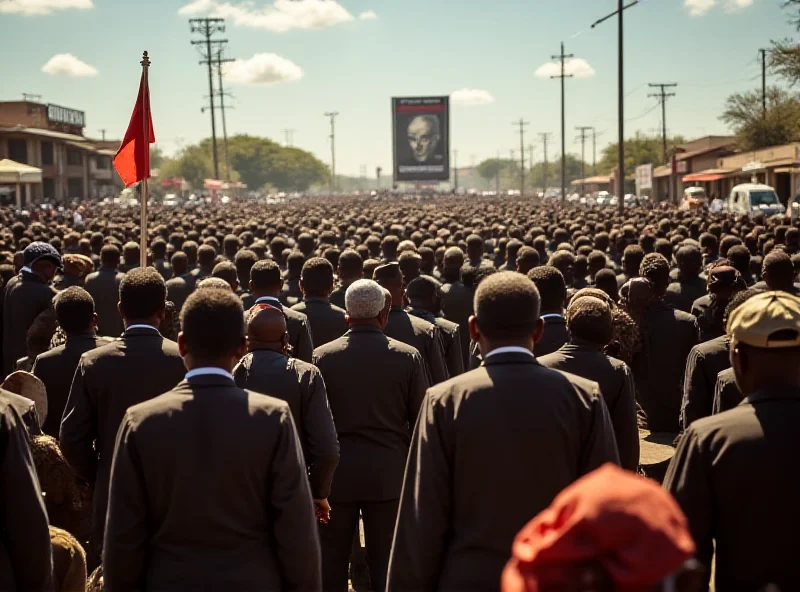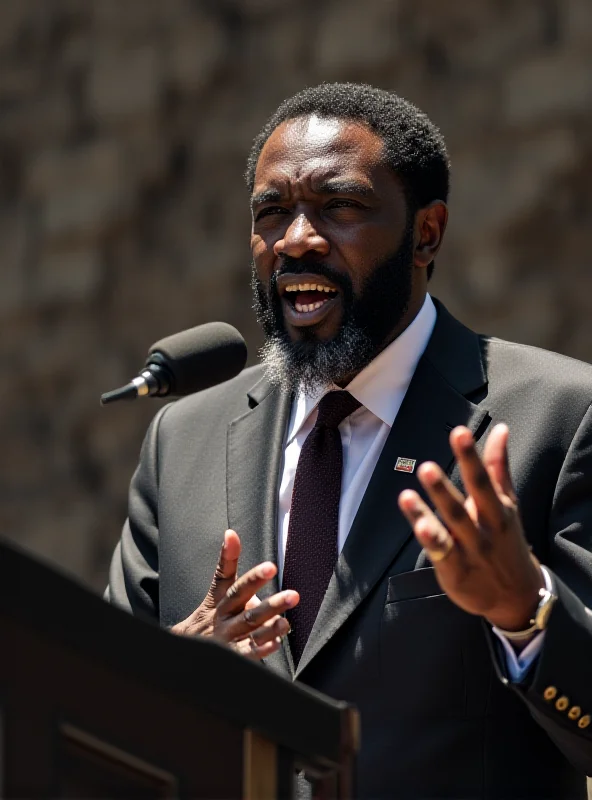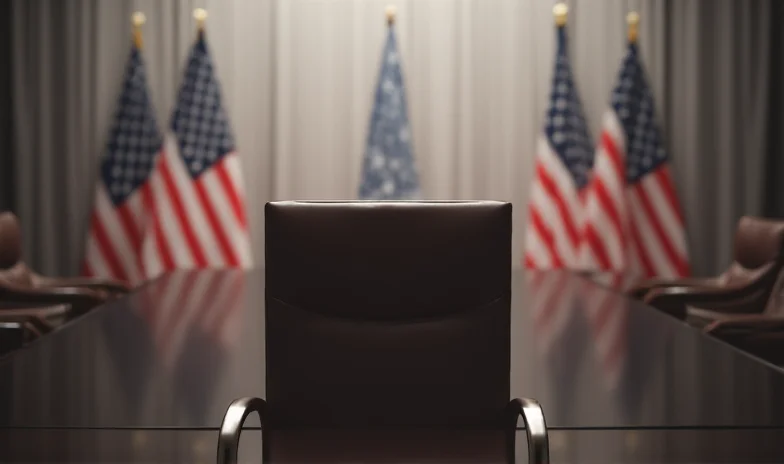Two significant events highlight recent global political activity: a diminished G20 summit due to the absence of key US officials and the state funeral of Namibia's founding president, Sam Nujoma. These events, though separate, underscore the complexities of international relations and the legacy of leadership.
G20 Summit Impacted by US Absence
The recent G20 meeting in South Africa was noticeably affected by the absence of key US figures. While American Secretary of State, Marco Rubio, was absent, Treasury Secretary Scott Bessent also boycotted the meeting of his finance counterparts. This lack of representation from the United States, a major player in global economics and politics, raised concerns about the summit's overall impact and effectiveness.

The absence of high-ranking officials can signal shifting priorities or strained diplomatic relations. It also deprives the summit of valuable input and influence that the US typically brings to the table. The implications of this absence on future G20 initiatives remain to be seen.
Namibia Buries a Founding Father
Meanwhile, Namibia mourned and celebrated the life of Sam Nujoma, the country's founding president. Nujoma, who led Namibia to freedom from apartheid South Africa, was laid to rest in the country's Heroes Acre cemetery following a state funeral. The ceremony was attended by numerous African leaders and foreign dignitaries, honoring his immense contribution to Namibian independence.
Nujoma's leadership was instrumental in guiding Namibia through the transition from apartheid rule to a free and democratic nation. His legacy as a liberator and statesman is firmly cemented in Namibian history.
"Sam Nujoma's dedication to Namibia's freedom will never be forgotten," said one attendee at the funeral.

Contrasting Events, Shared Significance
These two events, seemingly disparate, highlight the dynamic nature of international relations. The diminished G20 summit points to potential challenges in global cooperation, while the funeral of Sam Nujoma serves as a powerful reminder of the struggle for freedom and the importance of visionary leadership. Both events offer important lessons for the future.

As the world continues to navigate complex political and economic landscapes, the lessons learned from these events – the importance of consistent global engagement and the enduring power of liberation movements – will undoubtedly play a crucial role in shaping future outcomes.
